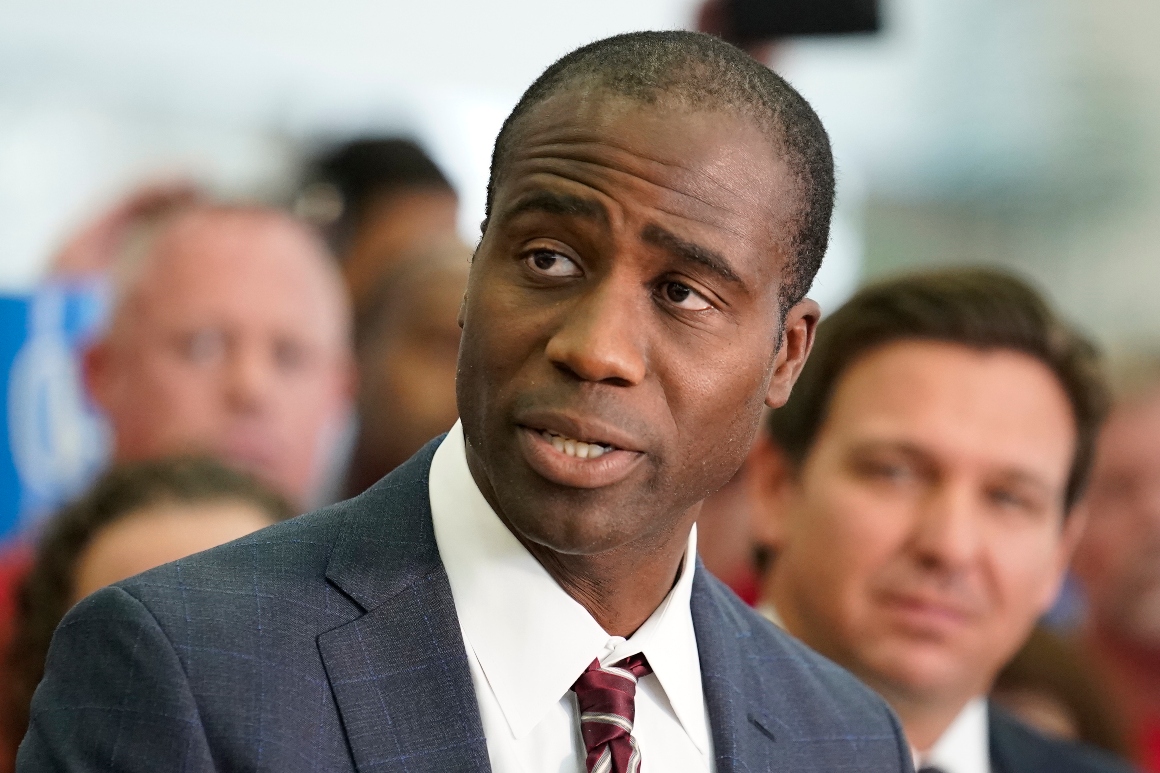HHS Guidance On Transgender Care: Controversy And Provider Concerns

Table of Contents
Key Provisions of the HHS Guidance on Gender-Affirming Care
The HHS guidance on gender-affirming care outlines the department's interpretation of existing non-discrimination laws as they apply to transgender individuals. The core principle is that denying or delaying necessary healthcare based on gender identity is discriminatory and violates federal law. This comprehensive approach aims to ensure equitable access to essential medical services. Key provisions include:
- Coverage of Hormone Therapy: The guidance emphasizes that gender-affirming hormone therapy is a medically necessary treatment for many transgender individuals and should be covered by insurance plans that comply with federal non-discrimination laws.
- Surgical Interventions and Their Guidelines: While not explicitly mandating all surgeries, the guidance clarifies that medically necessary surgical interventions are considered part of comprehensive gender-affirming care and shouldn't be denied based solely on gender identity. Specific guidelines exist regarding appropriate age and medical necessity.
- Mental Health Support for Transgender Individuals: The guidance underscores the crucial role of mental health support in the overall well-being of transgender individuals and highlights the importance of access to qualified mental health professionals who are knowledgeable and affirming.
- Protections Against Discrimination: The guidance reiterates protections against discrimination based on gender identity in all aspects of healthcare, including access to services, referrals, and treatment. This directly addresses potential denials of care based on provider personal beliefs.
Controversies Surrounding the HHS Guidance
The HHS guidance on transgender care has faced significant pushback, leading to considerable controversy. The core points of contention often revolve around:
- Religious Objections and Freedom of Conscience Arguments: Some healthcare providers and institutions argue that the guidance infringes upon their religious beliefs and freedom of conscience, particularly concerning participation in procedures they deem morally objectionable.
- Concerns about the Cost and Accessibility of Gender-Affirming Care: Critics raise concerns about the financial burden of providing gender-affirming care, particularly surgeries, and question the accessibility of these services, especially in underserved communities. Debate continues regarding the appropriate balance between access and financial constraints.
- Debates on the Age Appropriateness of Certain Interventions: The timing and appropriateness of specific interventions, such as hormone therapy or surgeries, for minors remain a significant point of contention, sparking debates about informed consent, parental rights, and the potential long-term effects.
- Political Polarization Surrounding Transgender Rights: The issue has become deeply entangled in broader political debates surrounding transgender rights and LGBTQ+ equality, further fueling polarization and hindering constructive dialogue.
Provider Concerns and Challenges
The HHS guidance presents significant challenges for healthcare providers, raising concerns about:
- Legal Liability and Fear of Lawsuits: Providers worry about potential legal repercussions for non-compliance, leading to uncertainty and apprehension in providing or refusing certain types of care.
- Lack of Adequate Training and Resources: Many healthcare professionals lack sufficient training and resources to provide comprehensive and competent gender-affirming care. This creates a barrier to effective implementation of the guidelines.
- Ethical Dilemmas and Conflicting Professional Obligations: Providers often face difficult ethical dilemmas, balancing their personal beliefs with their professional obligations to provide non-discriminatory care and maintain patient confidentiality.
- Potential Impact on Patient Relationships and Referrals: The guidelines' implementation can strain patient-provider relationships, particularly when providers have strong moral objections. This can lead to difficulties in referrals and access to care.
The Role of Insurance Coverage in Access to Care
Insurance coverage plays a pivotal role in determining access to gender-affirming care. The HHS guidance stresses the importance of insurance coverage for medically necessary care, but the reality is that many insurance plans still have limitations or exclusions. This disparity in coverage significantly affects the accessibility of gender-affirming healthcare, emphasizing the need for comprehensive insurance reform in line with the HHS guidance.
State-Level Legislation and its Impact
The implementation of the HHS guidance is further complicated by varying state laws and regulations. Some states have passed legislation explicitly restricting access to gender-affirming care, creating a patchwork of legal landscapes across the country. This inconsistency poses significant challenges for providers and patients, creating a climate of uncertainty and confusion.
Understanding and Addressing the Complexities of HHS Guidance on Transgender Care
The HHS Guidance on Transgender Care has sparked significant controversy, raising numerous concerns for both healthcare providers and transgender individuals. Understanding the key provisions, controversies, and provider challenges is vital to navigate this complex issue effectively. It's crucial to foster open dialogue, address ethical concerns, and improve training and resources for healthcare professionals. We need policies that support provider autonomy while ensuring equitable access to gender-affirming care for all. Further research into the HHS guidance on transgender healthcare is encouraged. Engage in informed discussions and advocate for policies that promote both provider autonomy and equitable access to gender-affirming care. For more information, refer to the official HHS website and resources from organizations like the American Medical Association and the World Professional Association for Transgender Health.

Featured Posts
-
 World Class Jazz Education The Herbie Hancock Institute In Des Moines
May 30, 2025
World Class Jazz Education The Herbie Hancock Institute In Des Moines
May 30, 2025 -
 Finalists Compete In Amman For 24th Chinese Bridge Competition
May 30, 2025
Finalists Compete In Amman For 24th Chinese Bridge Competition
May 30, 2025 -
 Dara O Briains Voice Of Reason Dissecting His Stand Up And Tv Persona
May 30, 2025
Dara O Briains Voice Of Reason Dissecting His Stand Up And Tv Persona
May 30, 2025 -
 Alcaraz Wins First Monte Carlo Masters Title After Challenging Week
May 30, 2025
Alcaraz Wins First Monte Carlo Masters Title After Challenging Week
May 30, 2025 -
 Ticketmaster Issues Urgent Warning About Fake Ticket Sellers
May 30, 2025
Ticketmaster Issues Urgent Warning About Fake Ticket Sellers
May 30, 2025
Latest Posts
-
 Orange County High School Sports Scores And Player Stats For Friday May 23rd
May 31, 2025
Orange County High School Sports Scores And Player Stats For Friday May 23rd
May 31, 2025 -
 May 23rd Orange County Sports Recap Scores And Player Statistics
May 31, 2025
May 23rd Orange County Sports Recap Scores And Player Statistics
May 31, 2025 -
 Orange County Friday May 23rd High School Sports Scores And Player Stats
May 31, 2025
Orange County Friday May 23rd High School Sports Scores And Player Stats
May 31, 2025 -
 Friday May 23rd Complete Orange County Game Scores And Player Performance
May 31, 2025
Friday May 23rd Complete Orange County Game Scores And Player Performance
May 31, 2025 -
 Thuy Linh Va Chang Duong Kho Khan Tai Thuy Si Mo Rong 2025
May 31, 2025
Thuy Linh Va Chang Duong Kho Khan Tai Thuy Si Mo Rong 2025
May 31, 2025
